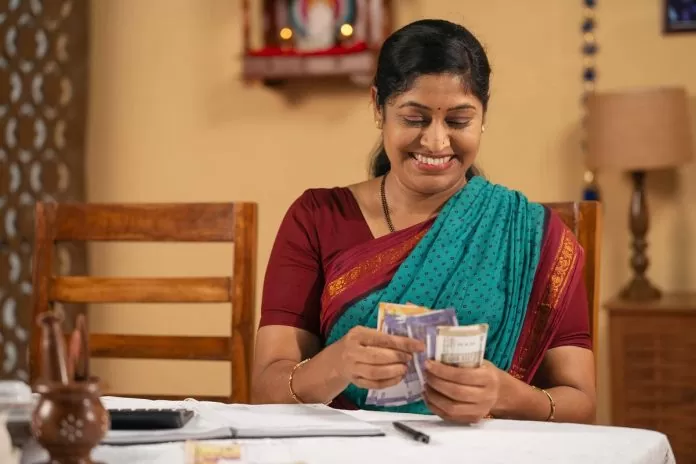If any employee works in the same institution for five years or more, he becomes entitled to gratuity. Its calculation depends on the last and years of service. If an employee meets with an accident or illness and becomes disabled, he can get gratuity even before completing five years of service.
New Delhi. Gratuity is generally considered a reward for loyalty. This means that if you work continuously for five years or more in a company or government job, then you are given gratuity as a reward.
But, in reality, this is not a reward for loyalty, but your right. This was clarified by the Allahabad High Court itself. The court had said in its decision that pension and gratuity are valuable rights of every employee. This is not a reward or gift from the government.
The court had also said that if there is an unnecessary delay in the payment of pension and gratuity of an employee, then he has the right to interest on the payment. The organization will also have to pay that interest. In another decision, the Allahabad High Court has also clarified that the retirement age does not matter for getting gratuity. An employee can also get it just on the period of service.
What is gratuity?
If any employee works in the same institution for five years or more, he becomes entitled to gratuity. Its calculation depends on the last and years of service. If an employee has an accident or illness and becomes disabled, he can get gratuity even before completing five years of service.
When will the interest have to be paid?
- If you leave the job after serving for five years or more, you should get the gratuity money within 30 days.
- Usually companies themselves give this amount with full and final payment. But, you can also apply for gratuity yourself.
- Your organization has to tell the amount of gratuity within 15 days of receiving the application and pay the money within 30 days.
- No company can reject the claim of gratuity just because you did not apply within the stipulated time.
- If you do not get the money within 30 days, the company will have to pay simple interest along with the gratuity amount.
Gratuity will have to be paid even if one is bankrupt
An employee can get a maximum of Rs 25 lakh under gratuity. Any amount more than this will be considered ex-gratia. Even if the company goes bankrupt, it will have to pay the gratuity amount. The amount of gratuity received by government employees is tax free. On the other hand, gratuity of private employees is tax-free under certain conditions.

